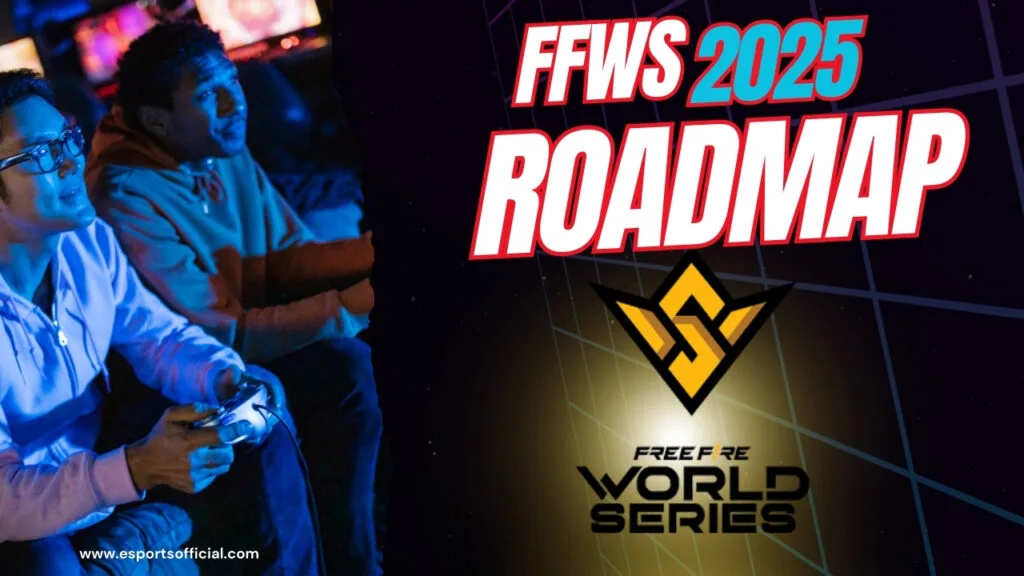
Tempe, Arizona — Arizona State University (ASU) is doing something unique in education by giving students micro-credentials through gaming. This turns play into a real academic success. Professor Mark Ollila, who is also the founding director of the Endless Games and Learning Lab, is in charge of the project, which is part of ASU’s newly renamed The GAME School. Ollila says that gaming already encourages a lot of “ambient learning,” which helps students learn skills like teamwork, critical thinking, and creativity without the need for a formal classroom.
The nonprofit Games for Change helped create the program, which lets kids earn digital micro-credentials by taking part in gaming contests. But these are not just simple participation medals. Students must make something important, like a project, a piece of art, or a demonstration of a strategy, to show that they know what they’re doing. “We’re very strict about it.” “We want an artifact to be made, so there are no participation awards,” Ollila said.
ASU is also using AI to keep an eye on gameplay and see how players’ skills are improving in real time. This AI analysis looks at talents like problem-solving, strategic thinking, and systems design. These are skills that people commonly learn by playing games like SimCity, which are based on real-life situations like building a city and managing its infrastructure. Professor Pavan Turaga said that this process helps turn things you do in games into skills you can use in real life.
The Endless Games and Learning Lab is also working on stackable micro-credentials that will let students develop a portfolio of skills in areas like digital literacy, creative coding, and systems thinking. These credentials are free for people who take part in Games for Change events. They are meant to fill the gap between informal learning and formal academic certification, making education more open and flexible.
ASU wants to change how people think about video games by officially acknowledging the talents that people learn while playing them. The university’s executives think these micro-credentials can help students show what they can do to parents, teachers, and potential employers. This will set a new standard for game-based learning in college.
some elements copy from : AZfamily


